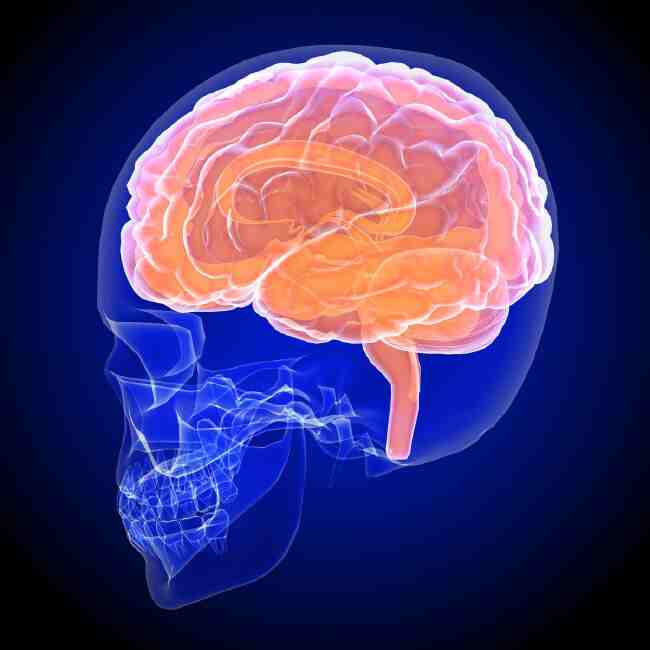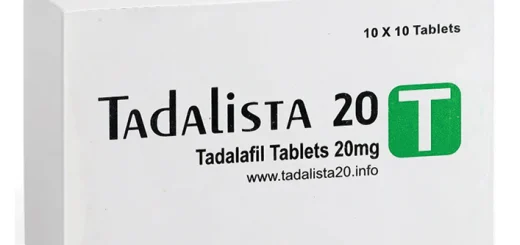Wet brain syndrome: Is recovery possible?

Wet brain syndrome, medically known as Wernicke-Korsakoff syndrome, is a devastating and often irreversible neurological condition that can result from long-term alcohol abuse. This disorder encompasses two distinct yet interrelated conditions: Wernicke’s encephalopathy and Korsakoff’s psychosis. Wet brain syndrome, medically known as Wernicke-Korsakoff syndrome, is a devastating and often irreversible neurological condition that can result from long-term alcohol abuse. This disorder encompasses two distinct yet interrelated conditions: Wernicke’s encephalopathy and Korsakoff’s psychosis.
The problem of binge drinking is just one example; many people claim they don’t drink, yet they may enjoy a drink occasionally. Binge drinking is a significant problem that can develop from even moderate alcohol consumption. Even though everyone knows the stakes, nobody is paying any attention.
When we talk about the dangerous effects of alcohol misuse, we usually hear about liver and cardiac problems. Wet brain syndrome and Wernicke-Korsakoff syndrome, which result from a lack of specific nutrients in food, were still relatively unknown. It is one of the strangest things that can happen as a result of an alcohol use disorder. Although it is not as well-known as some other disorders, it is quite severe.
Wet brain syndrome is not widely understood, so raising awareness of it is crucial. This article talks about what causes wet brain syndrome, what its signs are, how to avoid it, and how to treat it. Keep on reading.
What is wet brain syndrome?
Wet brain syndrome is a medical disorder that develops over time as a result of excessive alcohol consumption. Because of this, it can cause damage to the brain, and the disease is called “wet brain syndrome” or “Wernicke-Korsakoff Syndrome.” The main reason for this condition is thiamine or vitamin B1 deficiency. Thiamine is a vital hormone that the body requires for a variety of tasks.
It is a vitamin that dissolves in water and needs to be in the right amounts for our hearts and brain systems to work well. Vitamins are essential for the body to work properly, and if you don’t get enough of them, you can have problems with your nervous system.
Thiamine shortages can happen to people who don’t eat well, but they’re more likely to happen to people who drink a lot for a long time. So, what causes thiamine deficiency? This vitamin is not made in a lab. Instead, it is found in foods like beef, potatoes, whole grains, etc.
Alcohol is the major cause of wet brains because it stops the body from using thiamine and depletes our body’s thiamine levels. Alcohol abuse can reduce the liver’s ability to store thiamine. Heavy alcohol use inhibits the enzymes required to turn thiamine into active molecules. Realizing the importance of thiamine for human health is critical.
Thiamine is required for the proper functioning of every system in our bodies. There is a good chance that something will only work if it is there. Some brain enzymes, such as numerous hormones, cannot function properly without thiamine. When a person does not obtain enough thiamine for an extended period of time, they get wet brain syndrome.
What are wet brain symptoms?
Especially in the beginning, it can be hard to tell if someone has a Wet Brain because the symptoms are very similar to those we associate with having too much alcohol. While the signs of drinking too much tend to go away when a person stops drinking, the signs of Wet Brain don’t.
The following are early indicators of an alcoholic wet brain:
- Confusion
- Sudden memory loss
- Rapid eye movement
- Muscle weakness
- Vision changes
- Lack of coordination
Symptoms of second-stage wet brain syndrome, known as Korsakoff psychosis:
- Trouble learning new things
- Auditory or hallucination problems
- Difficulty with short-term memory
- Personality changes
What are the causes of wet brain syndrome?
Lack of nutrients, which most frequently results from heavy drinking over a long period of time, is what causes wet brain syndrome. For the brain to work properly, it needs a certain amount of the vitamin thiamine. Thiamine is an important nutrient that is needed for the brain and nervous system to work well. You can consult your doctor and order Modafinil online at the best price.
Here are the leading causes of wet brain syndrome:
-
Alcohol abuse:
As was already said, Wernicke-Korsakoff syndrome is most often caused by long-term drinking. Chronic and excessive alcohol consumption may impair thiamine absorption, utilization, and storage.
-
Malnutrition:
People who consume inadequate amounts of key nutrients, such as thiamine, are at risk of developing wet brain syndrome. Malnutrition can occur as a result of poverty, certain medical conditions, or limiting meals in addition to drinking.
-
Eating disorders:
Individuals with eating disorders may experience a thiamine deficiency due to inadequate nutrition.
-
Medical conditions:
Some medical conditions, such as HIV/AIDS, chronic liver disease, and many more, can impact thiamine metabolism and lead to deficiency.
-
Genetic factors:
Wernicke-Korsakoff syndrome is more likely to happen if you have a rare genetic disorder that affects how your body uses thiamine.
-
Lifestyle factors:
Lifestyle factors like insufficient nutrients in your diet can lead to thiamine deficiency.
Prevention and treatment for wet brain syndrome:
If you or a loved one is experiencing wet brain symptoms, you must immediately get medical assistance. Wernicke-Korsakoff syndrome can be stopped or turned around if you get help immediately. If you don’t treat a wet brain, it can be a life-threatening and debilitating sickness. Here are some steps you can take to prevent the development of wet brain syndrome.
-
Moderate or avoid alcohol consumption:
If you consume alcohol, do so in moderation; excessive alcohol consumption is a significant risk factor for thiamine deficiency and wet brain syndrome.
-
Balanced nutrition:
Eating good foods, especially those high in thiamine and other vitamins, is important. Whole grains, pork, chicken, fish, nuts, seeds, and cereals are good places to get thiamine.
-
Thiamine supplements:
Thiamine deficiency can occur due to drinking, a poor diet, or a medical condition. Thus, it’s essential to take supplements if your doctor advises it.
-
Seek medical attention:
If you don’t have enough thiamine and start feeling confused, weak, forgetful, or shaky, you should immediately see a doctor. Getting help can stop the weakness from worsening and prevent wet brain syndrome.
-
Healthy lifestyle:
Adopt a healthy way of life by working out daily, getting enough sleep, and learning how to deal with stress. A healthy lifestyle can help your overall health and avoid problems leading to thiamine deficiency.
The disease is often treated by giving the patient thiamine replacements and ensuring they get enough nutrition and water in their diet. For the first 3–7 days, thiamine can be given through the veins or muscles.
After this, patients are generally given oral thiamine supplements, sometimes for the rest of their lives. Depending on how bad a patient’s symptoms are and how well they are getting better, they may also need exercise, treatment for other conditions, or even long-term care.
Conclusion:
To summarize, wet brain syndrome, known as Wernicke-Korsakoff syndrome, is a dangerous neurological condition. It is mainly caused by excessive alcohol use and a lack of thiamine. This can cause memory problems, confusion, and balance and coordination concerns. Some of the problems can be treated if they are detected early.
However, memory issues may take more work to resolve. We must take care of our health, avoid excessive drinking, and seek help if necessary to avoid this situation.
[WPSM_AC id=5557]








